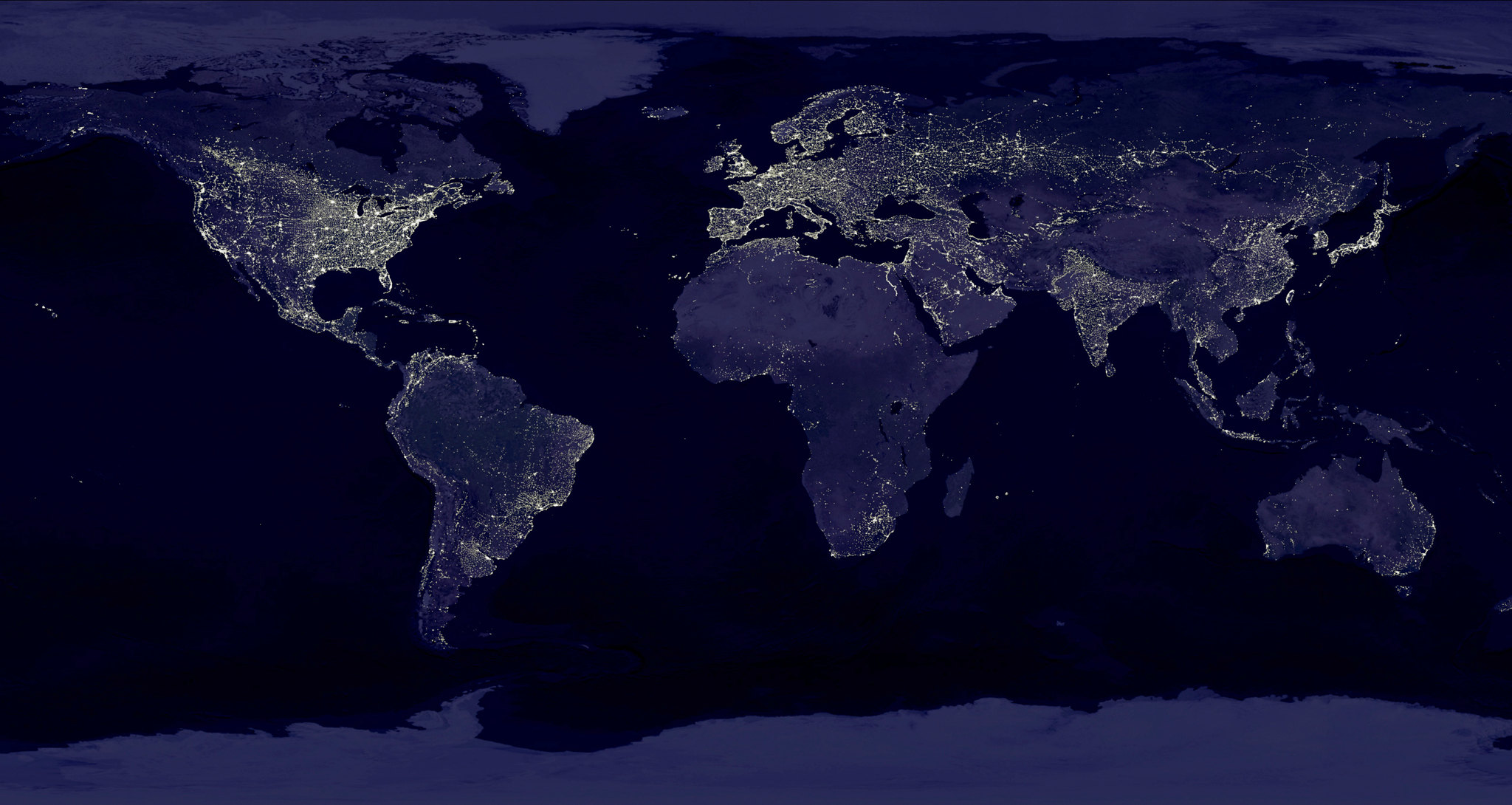Some terrorist groups are so small that they can only strike nationally or subnationally: others are truly transnational.
DIFFA, NIGER — Think about what it takes to make a truly successful international business, say McDonalds or Starbucks or Amazon. What are the necessary ingredients? I can think of a few:
- vision and good management
- a product people want
- the infrastructure to deliver the product wherever the customers are
I am sure there are many more considerations: I am not a business guru after all. I am, modestly, just a guy that knows more than the average bear on terrorism.
So does the model for an international presence apply to terrorism as well?
Kinda. Take Al Qaeda (AQ) or Islamic State (ISIS). They both created worldwide terrorist organisations that appear at times to be able to plan and carry out terrorist acts just about anywhere. They had an idea that was attractive to many people in many countries – ISIS alone convinced upwards of 40,000 jihadis to travel to Iraq and Syria to join the group – and also spawned affiliates abroad. How is this different than having a Starbucks in Papua New Guinea?
Al Qaeda (AQ) and Islamic State (ISIS) also spawned affiliates abroad. How is this different than having a Starbucks in Papua New Guinea?
Other groups are much more narrowly focused in their activities. They are smaller, have fewer resources, and perhaps target a tinier part of society to right whatever wrongs they think they are put on Earth to correct. The Front de Liberation de Quebec in the 1960s is a good example. They were restricted to la belle province and never sought to expand elsewhere, even if they may have taken some of their inspiration from ‘revolutionary’ organisations in places like Cuba.

And then there is Boko Haram.
The terrorist group has been well established in Nigeria, especially the northeastern part, since the late 2000s. It is responsible for hundreds, if not thousands, of attacks in that country and has killed more than 37,000 people since 2011. The damage to the Nigerian economy is inestimable.
On this day in 2016, Boko Haram terrorists killed six Nigerien (not ‘Nigerian’) soldiers in the Diffa region of southeastern Niger.
And while it is first and foremost a Nigerian terrorist group it has also carried out action in neighbouring countries. Those include primarily Chad and Niger. Lax border controls and the sheer size of the territory clearly contributed to these incidents.
On this day in 2016 Boko Haram terrorists killed six Nigerien (not ‘Nigerian’) soldiers in the Diffa region of southeastern Niger. Attacks of this nature by Boko Haram in Niger have been ongoing since 2015: government forces have also had to deal with attacks in the western part of the country bordering Mali.
The chances of Boko Haram morphing into a transcontinental terrorist threat are hard to measure but I would suggest, based on what the group has done so far, that these are slim. Never say never when it comes to terrorism, however.

What happened on this day in the past?
Terrorism has been around for a long time. Check out my blog Today in Terrorism and have a look at what happened on this day in the past and what it means for today.
